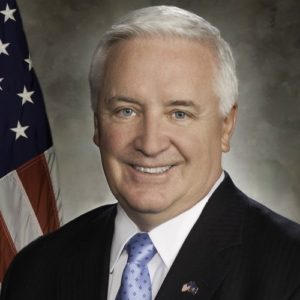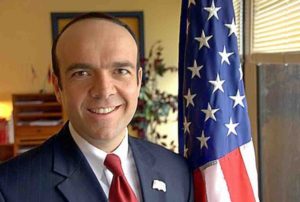Medical Malpractice Suits Fall in PA
Since new laws designed to reduce the number of medical malpractice suits in Pennsylvania were passed in 2003 and 2004, the number of such suits has been cut in half.
 Last year, 1463 medical malpractice suits were filed in Pennsylvania. In 2002, 2904 such suits were initiated.
Last year, 1463 medical malpractice suits were filed in Pennsylvania. In 2002, 2904 such suits were initiated.
And possibly related, the number of physicians practicing medicine in Pennsylvania has risen – a development that follows a nation-wide trend but is doing so at a rate that exceeds the growth in the number of doctors in other states.
To learn more about what Pennsylvania did to reduce medical malpractice lawsuits, how those laws are working, and how this may or may not be affecting the state’s supply of practicing physicians, see this Pittsburgh Post-Gazette article.




